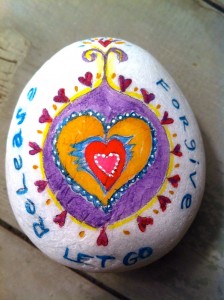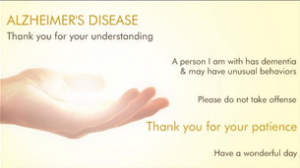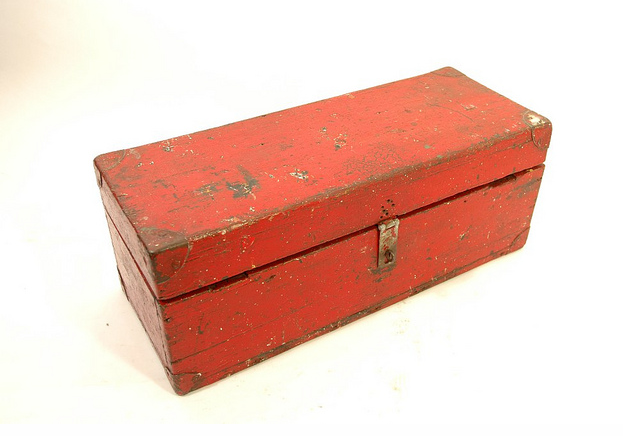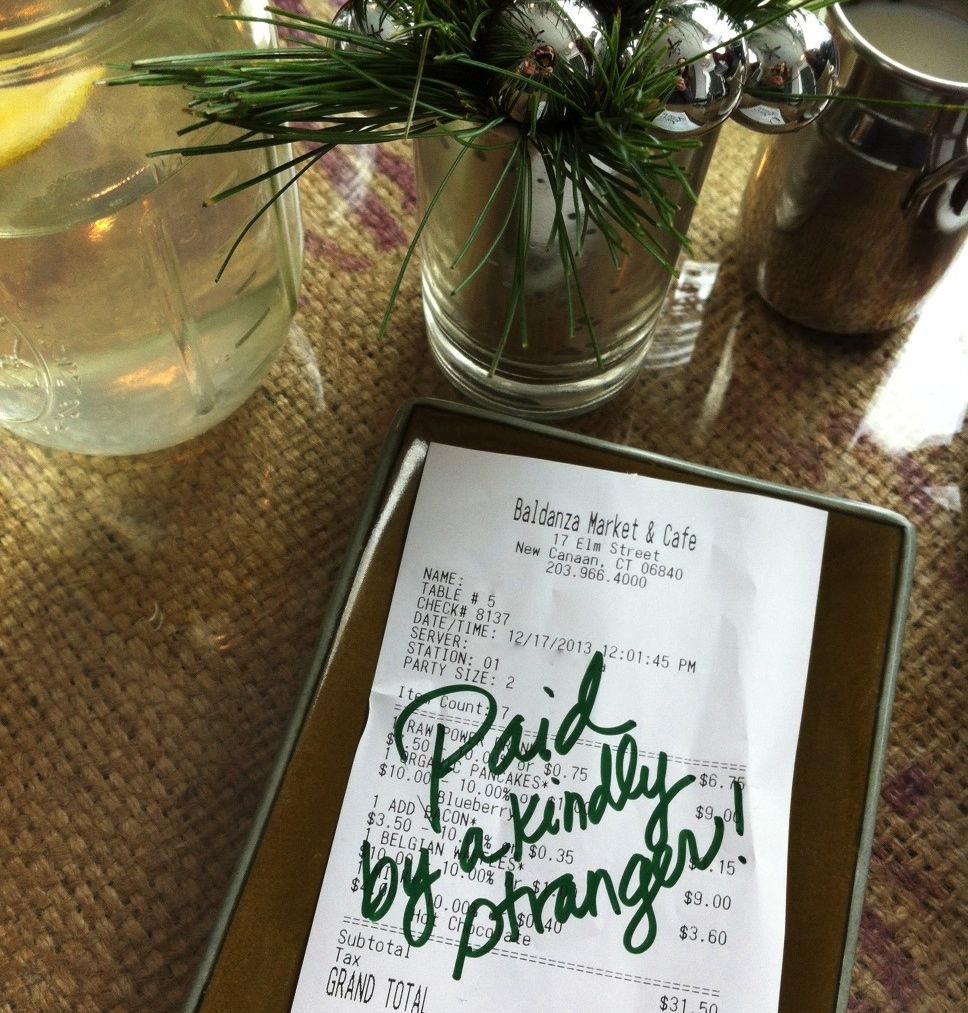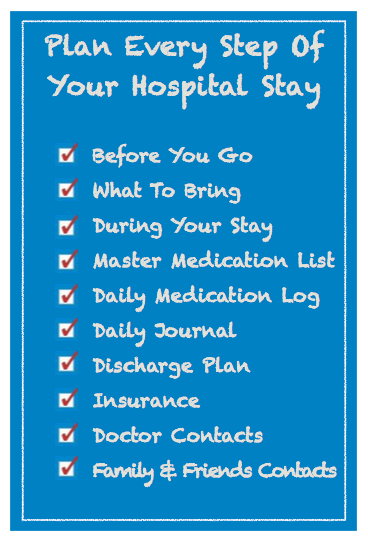by Lisa M. Wolfson
I have always been an advocate for self-improvement and growth, but in recent years, as a breast cancer survivor, my desire to make necessary changes has become a priority. I’ve come to realize that inner peace is at the core of maintaining a happy, healthy life.
Struggling with situations that don’t serve me well, but often feeling guilty about letting go of them, has been a continuing source of disquiet for me. Harboring resentments for the actions of others has brought me down and into a dark place. I would tell myself “let it go.” But how do I accomplish that?
When someone’s behavior hurts us or makes us angry, we may hold onto a resentment for the person or situation they’ve created or helped to create. We think of forgiveness as a timid act, an act of giving in. We focus on the source of our pain and decide that forgiving the person who caused that pain allows them to win. What we overlook is that dwelling on the pain hurts us more, lowering our energy, overwhelming our concentration, and undermining the better angels of our nature. In short, the act of holding onto pain hurts us more than it hurts anyone else. It holds us captive and renders us helpless.
Continue Reading
